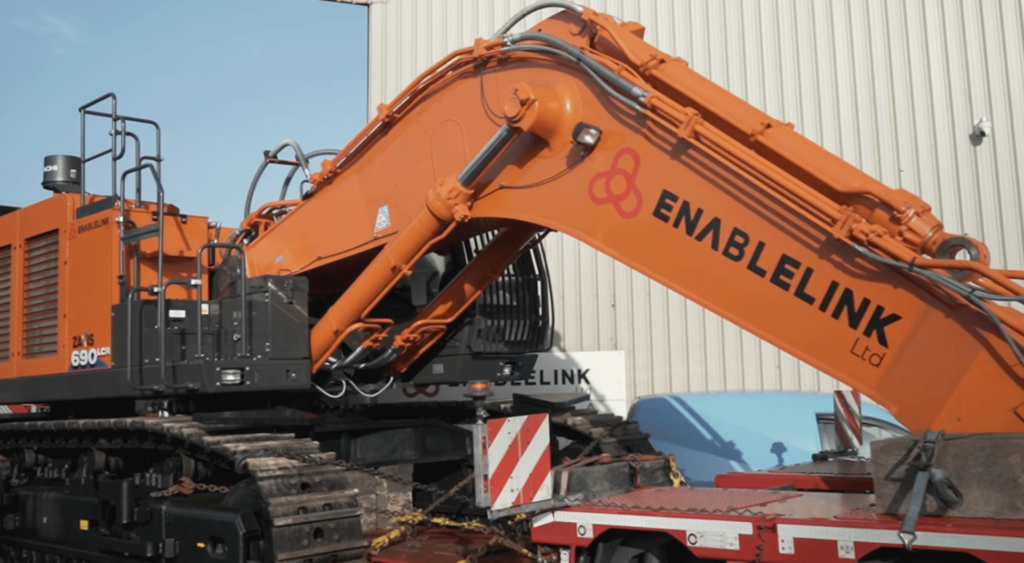C-Tech Innovation has developed a method of dissolving the metals in the circuit boards found in computers and mobile phones. The new process first removes the solder, then the copper and finally the precious metals and presents a cheap alternative to the current method of smelting electronic circuit boards.
The European Waste Electrical and Electronic Equipment Directive, due to be transposed into UK law in August 2004, dictates recycling targets for different categories of separately collected equipment. Computers and mobile phones fall into the Directive's category three, which has targets set for re-using or recycling 65% of separately collected end of life equipment by the end of 2006.
C-Tech Innovation project manager John Henderson said that solder and copper are recovered using electrical plating methods, but to recover the precious metals the process uses biotechnology.
Mr Henderson explained: “The bio-organism actually captures the metallic particles within the cell walls as part of the cell metabolism and turns it into metals.”
Scale
Although the project is only at “bench scale” at the moment, C-Tech Innovation will use the grant to test its process on an industrial scale over 15 months. The pilot project will be using 20kg batches of material in a fairly continuous cycle.
Mr Henderson said that the Chester-based company has already had positive inquiries regarding the process: “We obviously intend on showing it to interested parties who may be interested in commercialising the process.”
C-Tech Innovation was one of six companies that shared almost 1 million from the government's BIO-WISE programme, which promotes biotechnology use in UK manufacturing.
Lord Sainsbury, science and innovation minister, said of the funding: “The BIO-WISE programme is a great opportunity for UK biotech companies to test their exciting new discoveries and proto-type products in large-scale industrial environments. These innovative projects highlight the potential benefits that biotechnology has to offer, both in terms of improvements to industry and the environment.”










Subscribe for free